An Average Wednesday
It was an average Wednesday evening in 2003 when my path took an unexpected turn. I was on my way to a musical event at The Shadow Lounge, but on the way, I saw a semicircle of men engaged in a profound discussion about the literacy rates among young Black boys. I was drawn to join them. This serendipitous moment marked the beginning of a journey that would intertwine personal growth, community service, and advocacy for youth. This was also the start of my journey to working in early childhood education.
The sight of these men, actively seeking solutions rather than lamenting problems, resonated with my own experiences in youth groups. The unity and positivity of the discussion were magnetic, pulling me into their orbit. As the book group concluded, the moderator recognized my potential and introduced me to Growing with Trust, an organization dedicated to improving literacy and behavioral skills in young
Black boys facing suspension from school.
Growing with Trust
My role as a literacy coach and mentor at Growing with Trust was both enriching and challenging. From 2003 to 2005, I worked with children across Pittsburgh, offering programs, field trips, and guest speakers. It was during this time that I discovered a deep well of patience, empathy, and care within myself, qualities that would define my approach to mentorship.
Standout Student: Jason
Jason was a young boy whose behavior often disrupted the classroom. His actions were a mask for his deep-seated need for attention—a need that stemmed from a tumultuous home life.
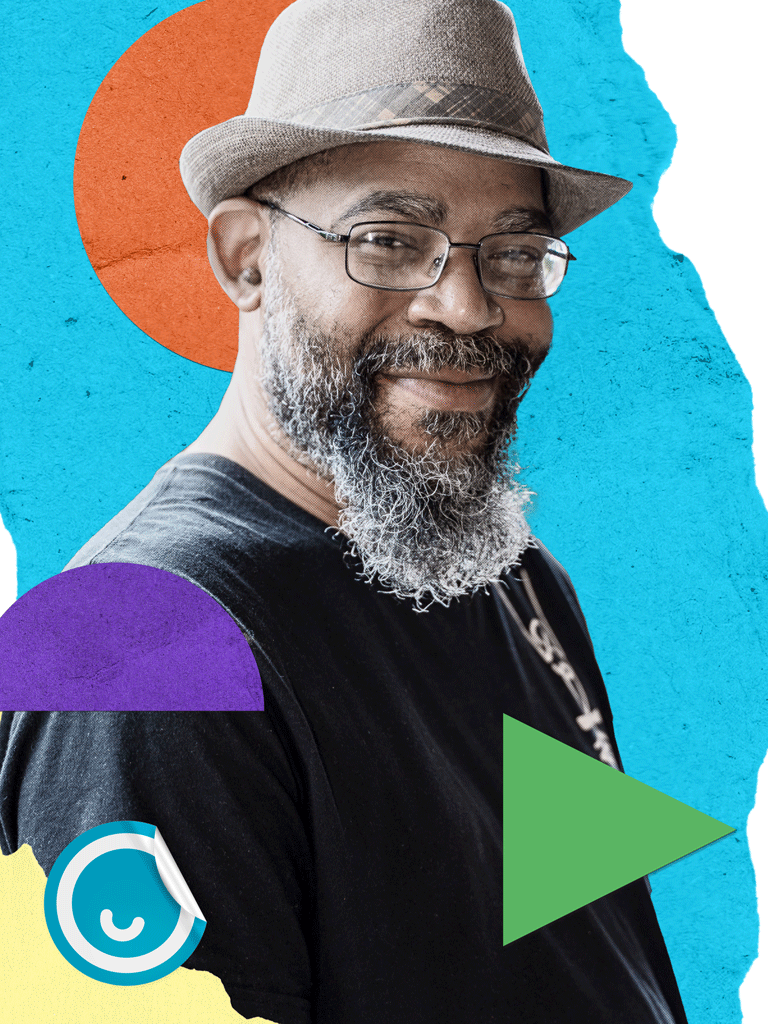
At school, Jason’s antics were a call for help, a way to express the resentment and confusion he felt towards his mother and his situation at home. I saw through the facade of his misbehavior and recognized Jason’s true plea. With a blend of discipline and affection, I provided the stability and care that he craved. I listened to Jason’s concerns, offered him a shoulder to lean on and became a consistent presence in his life. It wasn’t just about enforcing rules; it was about nurturing Jason’s growth. I ensured that Jason had access to basic needs, like food and emotional support, which were inconsistently supplied at home. Through this dedicated mentorship, Jason began to transform. He became more open and honest about his feelings and his behavior at school improved. The bond that Jason and I formed was a testament to the power of empathy and the positive impact it can have on a child’s life.
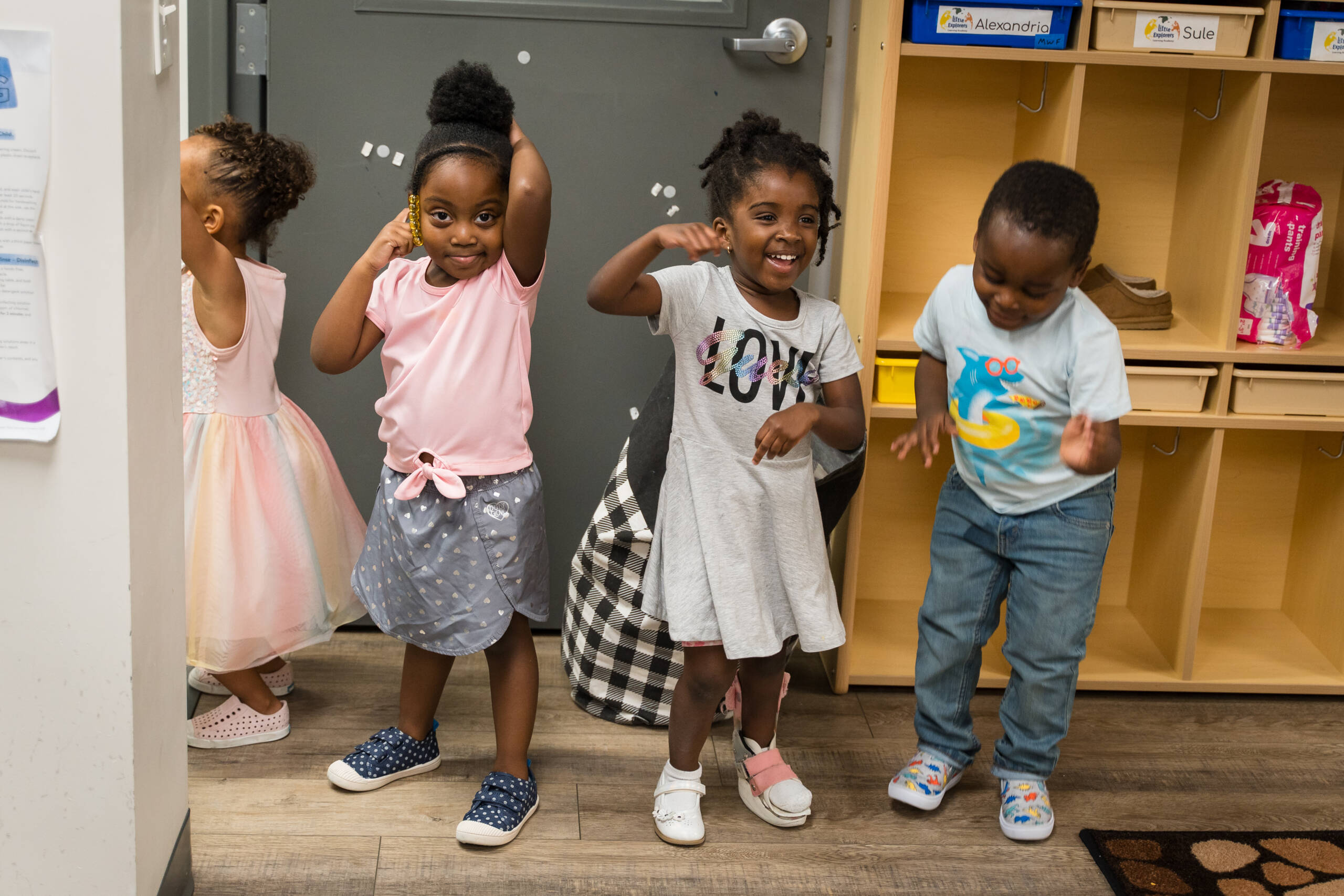
Standout Student: Jerome
Jerome was known for his calm demeanor, a stark contrast to Jason. However, an incident in the classroom revealed the fragility beneath his composed exterior. When Jerome attempted to solve a math problem on the board and got it wrong, his classmates’ laughter triggered a heartbreaking reaction. Overwhelmed by embarrassment and frustration, Jerome lashed out, banging erasers and then his head against the chalkboard in distress.
The situation called for immediate and sensitive intervention. Social workers, alongside myself, stepped in to help Jerome navigate his emotions. We provided a safe space for him to express his feelings and worked with him to develop coping strategies. My role was crucial; I not only assisted in calming Jerome but also facilitated a conversation with the classmates who had laughed. I coached them on empathy, helping them understand the impact of their actions. Jerome’s response to the support he received was moving. After calming down, he emerged from the session with a newfound sense of peace. He thanked me with a hug, a gesture that spoke volumes about the trust and gratitude he felt.
Both Jason’s and Jerome’s stories highlight the transformative effect of understanding, patience, and targeted support. They underscore the dedication of programs like Growing with Trust, which address literacy and behavioral issues and cater to the emotional well-being of children. My experiences with Jason and Jerome illustrate the complex challenges faced by children and the critical role that mentors and social workers play in their lives. The closure of Growing with Trust in 2005 due to funding losses was a big blow, but the work never escaped my mind.
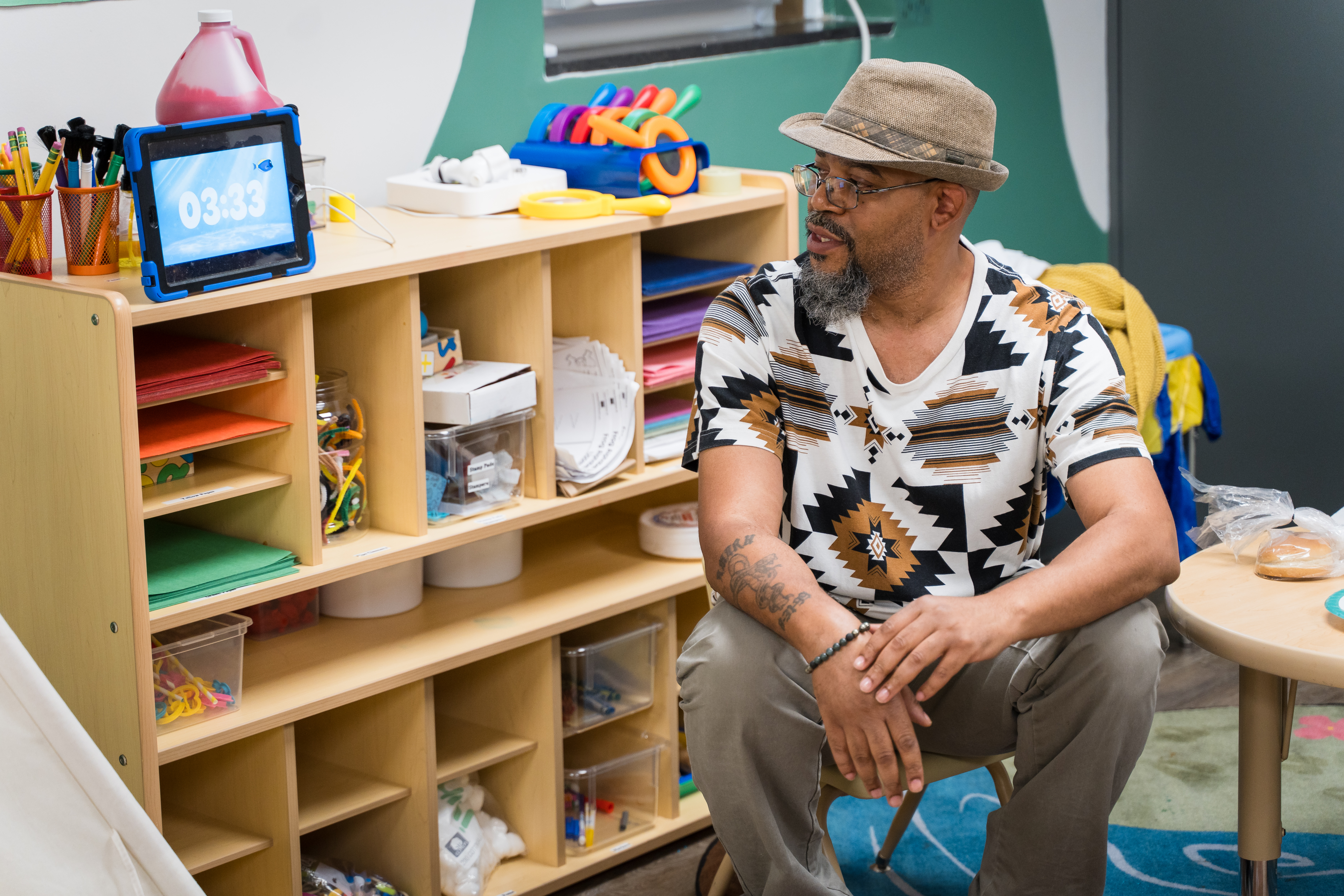
My Own Daughter
My conviction for this calling was further solidified by experiences with my daughter, Zuri. Zuri was a bright and joyful presence from the start. However, as she grew, her mother and I noticed that she was facing communication challenges. In 2008, our concerns were confirmed when she was diagnosed with autism. This diagnosis came at a time when awareness and understanding of autism were growing, but many families still faced an uphill battle in finding assistance and resources.
The diagnosis was a pivotal moment for us. We were determined to provide Zuri with the best support possible, leading us to enroll her in a specialized center that worked with children on the autism spectrum. It was here that Zuri began to thrive. The center’s approach was holistic, focusing not just on communication skills but also on the overall well-being of the children.
One of the key interventions suggested for Zuri was a change in diet. While initially skeptical, her mother and I decided to give it a try. To our amazement, we witnessed significant improvements in Zuri’s communication abilities and a reduction in temper tantrums. This dietary change, coupled with tailored guidance from the center, helped Zuri navigate the world with more ease and confidence.
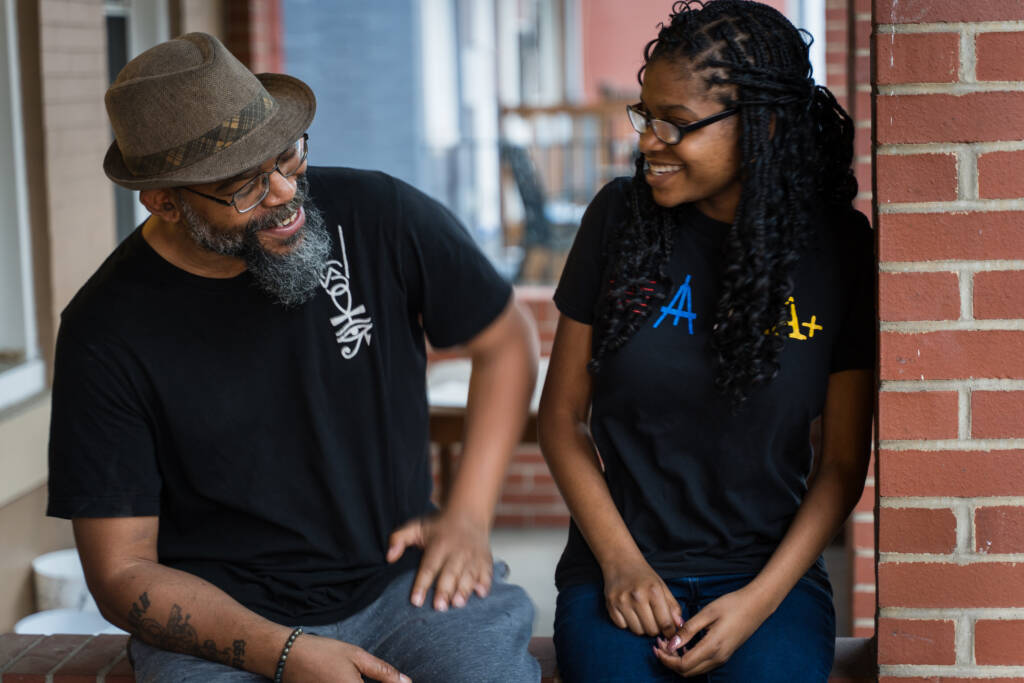
As Zuri grew older, her progress continued to astonish everyone around her. She became an honor roll student, her love for the arts flourished, and she joined a theater company, where she honed her acting and singing talents.
I often reflect on that day years ago when Zuri’s teacher pulled me aside to discuss her physical outbursts with her classmates. The teacher’s patience and compassionate handling of the situation provided me with insights for managing similar challenges as a teacher and mentor. She encouraged me to observe and participate in finding solutions, fostering a collaborative approach to Zuri’s care. Now eighteen and about to graduate from high school, Zuri’s achievements are a tribute to her strength and the unwavering support of her family and educators.
My experience as a mentor and advocate led me to working in early childhood education. I am currently teaching in the 3 and 4 year old classroom at Little Explorers Learning Academy. Every day my students remind me of why positive teachers and mentors are important from a very young age. My experiences as an educator and parent demonstrate the importance of passion and highlight the vital role of caring mentors and organizations like Growing with Trust. These groups require the support of the community and government to thrive and continue their invaluable work. This holds true for early childhood educators too. We are a vital part of the community and the profession needs more support.
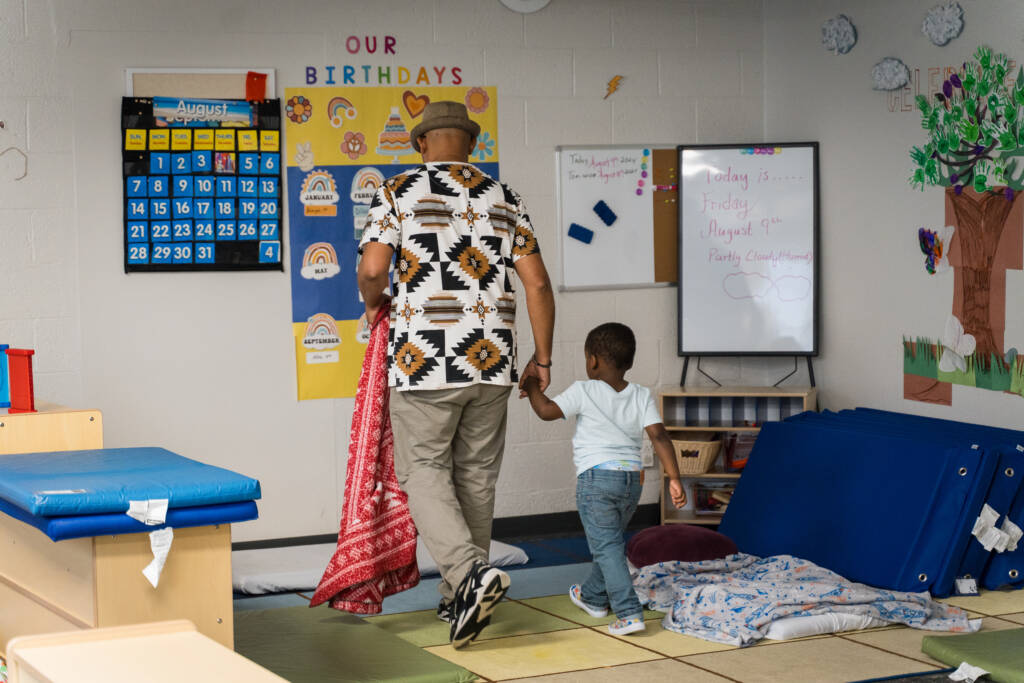
Becoming An Educator
To Black men thinking about becoming an early childhood educator, I say go for it. The happiness you get from helping kids learn is amazing. It’s not just about teaching them basic skills, but it’s also about helping them grow as people. You become someone they look up to and trust. You can make a big difference in the lives of children, their families, and the community. As a Black man, you can show young Black boys that they can be successful in any career, including early childhood education.
Being an educator makes me extremely happy. Every day is a new adventure full of fun, learning, and love. The children’s curiosity and strength inspire me. It’s great to see a child learn something new, overcome a problem, or simply become a nicer person. The best part is the relationships you build with your students. You become a part of their lives and they become a part of yours. They teach you things, too, and remind you to enjoy the simple things in life.
So, if you want a job that’s rewarding, makes a difference, and brings you joy, I highly recommend becoming an early childhood educator. It’s more than just a job, it’s a calling that gives your life meaning and purpose.
